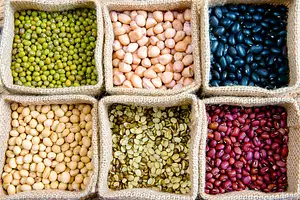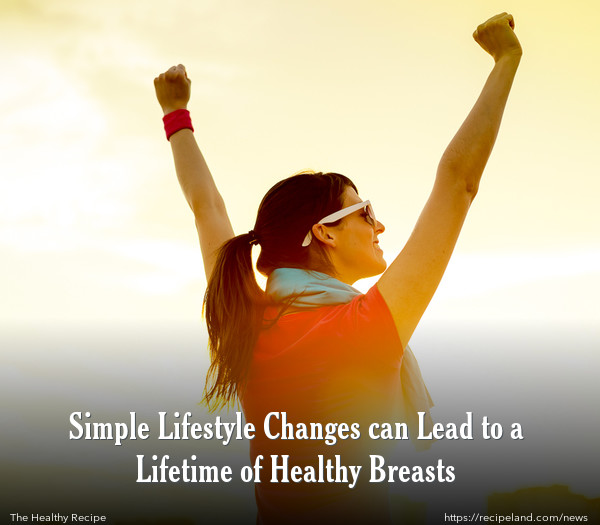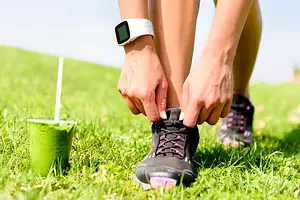According to the Singapore Cancer Society, “Breast cancer is the most common cancer in Singapore women, and about 1300 women are diagnosed with the cancer annually. Women of all the 3 major ethnic groups (Chinese, Malay and Indian) are equally affected.”
They also point out that the number of women diagnosed with breast cancer each year is on the rise, increasing 3% each year. A Singapore woman’s risk of developing breast cancer is approximately 4-5%.
The Singapore Cancer Society highlights seven risk factors for developing breast cancer:
Being a female over the age of 40
Having a family history of breast cancer
Reproductive history
Eating an unhealthy or unbalanced diet
Being overweight or inactive
Taking hormone replacement therapy
Having an abnormal breast biopsy
However, they also point out that approximately 50% of women diagnosed with breast cancer in Singapore do not demonstrate any of these risk factors.
Recent studies show that making simple lifestyle changes can significantly lower your risk of developing breast cancer.
1. Eat More Peanut Butter
Research from Harvard Medical School and Brigham and Women’s Hospital has found a link between eating peanut butter and a lower risk of developing benign breast disease. The study found that adolescent girls who ate peanut butter, nuts, and other vegetable proteins on a regular basis were able to lower their risk by up to 39%. While benign breast disease in itself is noncancerous, it can lead to the development of cancer later in life.
This study found that girls between the ages of 9 and 15 who ate at least two servings of peanut butter or nuts each week were able to lower their risk of developing benign breast disease before the age of 30. Girls who have nut allergies can still benefit by eating vegetable protein from beans, lentils and soybeans.
2. Drink Fewer Caffeinated Beverages
A recent study from Brigham Young University found that caffeine might help cancer cells spread throughout the body and survive longer. Kim O’Neill from Brigham Young University’s Cancer Research Center points out, “We have found that caffeine may inhibit the apoptotic mechanism - the cell’s own defensive mechanism - and keep damaged cells alive when they should die.”
Another study from Johns Hopkins examined the link between breast cancer and caffeine. This study found that caffeine increases tenderness and lumpiness within the breast that is due to benign breast disease. These symptoms might make a woman feel uncomfortable and unwilling to conduct self-breast exams or seek breast screening.
3. Increase Your Intake of Nut, and Olive Oils
A Swedish Study recently found that women who eat more monounsaturated fats lower their risk of developing breast cancer by 45%. These fats can be found in nut, and olive oils.
This study also found that women should eat much less polyunsaturated fat. Eating this type of fat can increase a woman’s risk of developing breast cancer by 69%. Polyunsaturated fats can be found in sunflower, safflower, soybean, and corn oils.
4. Soak Up Some Sun - In Moderation
Women who absorb vitamin D, which is made by the skin when it is exposed to sunlight, have a 30-40% lower risk of developing breast cancer. However, to avoid developing skin cancer or damaging the skin, don’t stay out too long. In general, 15 minutes of sun exposure each day is enough to give your body the vitamin D it needs.
It is important to remember that these changes cannot outweigh a family history of breast cancer. Be sure to talk to your doctor about your particular risk factors and when you should begin breast cancer screening.
SOURCES: https://www.singaporecancersociety.org.sg/lac-fcb-how-common-is-breast-cancer.shtml;https://shine.yahoo.com/healthy-living/breast-health-great-reason-love-peanut-butter-jelly-154500319.html;https://www.singaporecancersociety.org.sg/lac-fcb-risk-factors.shtml;https://www.hopkinsbreastcenter.org/artemis/199804/c_approcahes.html; Image courtesy of Pixomar / FreeDigitalPhotos.net










Comments